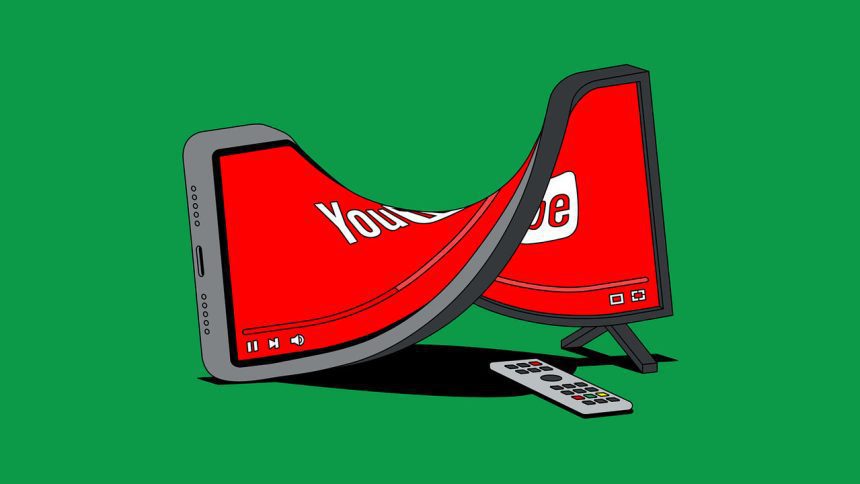New Digital Dynasties: The Rise of a Contemporary Creative Class
As traditional entertainment industries grapple with ongoing scandals and controversies, an emerging generation of content creators is poised to redefine the landscape. This shift is spearheaded by influencers and digital celebrities whose reach surpasses that of conventional Hollywood stars.
The Changing Entertainment Paradigm
In recent years, platforms like YouTube, TikTok, and Instagram have witnessed a rapid rise in popularity among young audiences. According to recent data from Pew Research Center, 81% of teens engage with streaming services daily, a trend that highlights a seismic shift in viewing habits. In contrast to classic cinematic experiences dominated by big-name actors and directors, these platforms offer both accessibility and relatability—attributes not easily found in traditional media outlets.
Influencers vs. Traditional Stars: A New Breed of Celebrity
Figures such as MrBeast are at the forefront of this cultural renaissance. Known for his extravagant challenges and philanthropic endeavors showcased on his YouTube channel—boasting over 200 million subscribers—MrBeast embodies the new wave of celebrity that draws its power from genuine audience interaction rather than scripted performances or publicists’ polish.
What sets these modern creators apart isn’t merely their online presence; it’s their acute awareness of trends and community needs. Influencers leverage real-time feedback from their followers to craft content that resonates deeply with viewers. While Hollywood continues to operate on established formulas for success, these digital pioneers thrive in environments marked by changeability and innovation.
The Impact on Consumption Patterns
The repercussions are visible across various sectors within the entertainment industry as audiences embrace short-form videos over lengthy productions traditionally conceived for theaters or linear broadcasting channels. A study conducted by Statista noted that around 42% of viewers now prefer watching clips under ten minutes long—a telling statistic reflecting how consumer demand is evolving away from older formats toward more digestible options tailored for smartphones.
This preference extends beyond mere viewing habits; advertisers are also pivoting towards influencer marketing strategies due to impressive engagement metrics associated with social media creators compared to film stars who command high salaries yet fail to connect on individual levels.
Future Prospects: A Harmonious Coexistence?
While challenges remain—including copyright concerns and issues related to content regulation—there’s ample reason for optimism regarding this paradigm shift within entertainment spheres. Legacy studios might need creativity parking lots but may also benefit from collaborating alongside emerging talent thrumming through social channels instead of viewing them solely as competition.
As this expansion continues unabated amidst ongoing controversies besetting conventional features like annual award shows or celebrity scandals—which no longer hold sway over younger demographics—it’s evident that we’re witnessing the dawn of an exciting era where fresh voices reshape cultural narratives without being held back by yesterday’s woes.
while historical actors grapple with obstacles tied directly to old paradigms fraught with complexities ranging from representation issues downwards towards audience fatigue borne out acts far removed today—the path forwards looks promisingly vibrant towards increasingly inclusive landscapes sculpted anew without barriers previously thought insurmountable.






